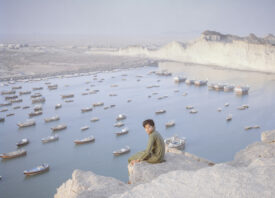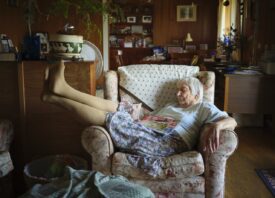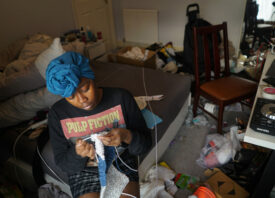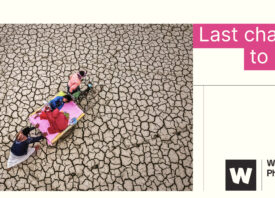Search this site
5 Photographers Cope with Anxiety Amid the Covid-19 Pandemic
The Wellcome Photography Prize 2021 is free to enter and open for submissions. They’re looking for the human stories behind three urgent health challenges: mental health problems, infectious diseases, and global heating.
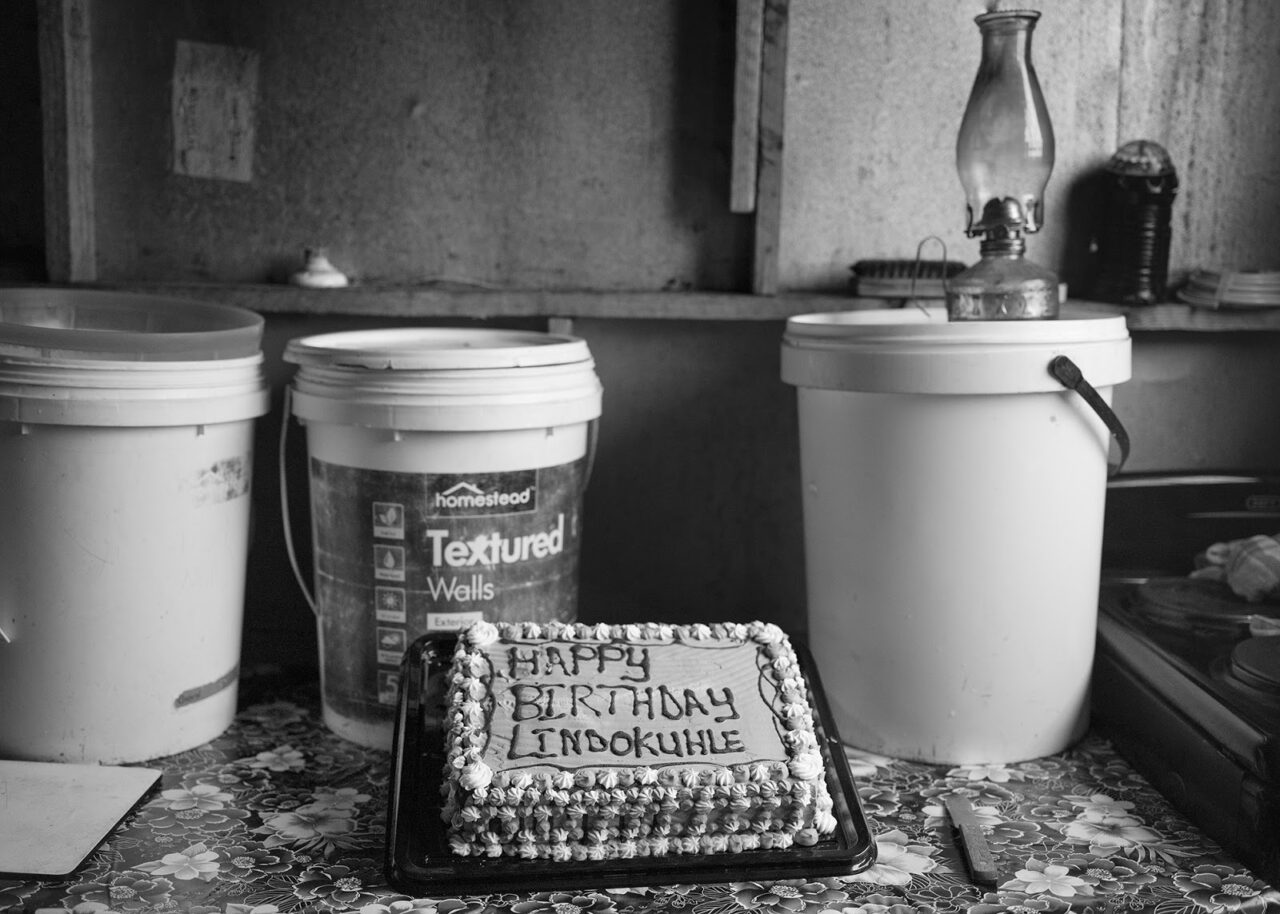

This spring, Lindokuhle Sobekwa turned twenty-five years old in lockdown. The photographer, who stayed with his girlfriend’s family in Johannesburg’s Thokoza township, was separated from his mother, sisters, and brother, making for a season peppered with worry and homesickness. When visiting his mother in Tsakane, he kept a social distance; in the other room, she found comfort in reading the Bible.
Still, Sobekwa found ways to cope; when the electricity cut out, as it sometimes did, Sobekwa, his girlfriend, and her sisters made hand shadows on the wall, forming animal shapes in the candlelight. Outside, while the school remained closed, neighborhood children created a mat to play with using packing materials. During those uncertain months, time slowed down, but life went on.


Sobekwa’s portrait of life, loss, and hope during the pandemic is part of Wellcome’s Covid-19 Anxiety Project, an ambitious and singular commission by Wellcome and the team behind the Wellcome Photography Prize. The project spans five countries and five photographers, each addressing the question, “How are you, your family, and your friends coping with anxiety related to Covid-19?” The project and the Wellcome Photography Prize 2021, which is currently open for entries, are part of Wellcome’s continued commitment to challenging stigmas and bringing to light the unseen realities of mental health.

Meanwhile, more than 12,000 miles away in Harlow, Essex, another photographer, Hayleigh Longman, spent lockdown with her mother and her mother’s partner, filling long days with gardening and cleaning. The photographer and her mother went on walks along a nearby canal. Across her garden fence, her seven-year-old neighbor Harry entertained the family by playing tricks in the pool and putting on shows in the yard, making costumes out of old bedsheets.



For all five photographers who were part of the project, life and work changed markedly with the pandemic, forcing them to discover hidden stories closer to home. For Manu Brabo, a conflict photographer based in Gijón, Spain, that meant documenting the daily experiences of his father, who was at high risk for the virus, as he navigated his own fears and strove to get back into the swing of life following the lockdown. Even as Brabo spent time on the frontlines of the fight against Covid, covering patients and medical personnel in hospitals and ICUs, he returned to his father again and again, accompanying him on afternoon walks and watching movies at home.
Immediate family becomes a throughline running across the project, continuing in Tatsiana Chypsanava’s sunlit photographs of her daughter Lola, age thirteen, at home and her favorite burger spot in Nelson, New Zealand. Like Sobekwa and Brabo’s father, Lola had her birthday that spring. As restrictions eased, Chypsanava was able to visit her neighbors, who navigated at-home chemotherapy, managed the family business, and spent downtime watching TV and completing puzzles.
The Covid-19 Anxiety Project comprises countless ordinary, everyday moments taking place behind-the-scenes in ordinary, everyday households, but these photographs are also an enduring testimony to our collective and global history during an unprecedented year. In New York, Cait Oppermann photographed her partner reading and eating a mango on their Brooklyn terrace in June; that same month, the city erupted in protest over the killing of George Floyd, and the photographer and her partner, like many across the country, donned masks and took to the streets to call for justice.
The connection between pandemic life and mental health issues have been studied and reported throughout the year, with a major study from the UK revealing that 57% of those who participated reported symptoms of anxiety during the early stages of lockdown.
In January 2020, Wellcome, one of the world’s leading research-based charitable foundations, launched an ambitious five-year mental health programme, making a £200 million commitment toward improving the understanding, treatment, and prevention of anxiety and depression in young people.
With one in four people experiencing mental health problems annually, Wellcome’s programme aims to transform mental health science while giving voice to those who have lived experience of mental health difficulties. To coincide with this critical work, the Wellcome Photography Prize 2021 spans three themes, including Managing Mental Health.
This year, there are two categories within the Managing Mental Health theme, and Wellcome will accept both single images and series. Submission is free, and you can submit one image for the single image category and three to five images when entering the series category. The category nominees will receive £1,000 each, with £10,000 awarded to a single and series winner overall. All winners and shortlisted photographers will be part of the prestigious exhibition and awards ceremony in London.
Last year, the Moscow-based photographer Arseniy Neskhodimov won the Wellcome Photography Prize for his innovative approach to visualizing depression. His self-portrait series Prozac delves into his lived experience with depression, while also highlighting various coping skills he’s employed during the Covid-19 pandemic. As the artist explained, the project itself served as a kind of therapy, allowing him to fend off feelings of despair during months of isolation.
Neskhodimov’s series won him the cash prize, but one of the most fulfilling aspects of receiving the award has been hearing from others. “People wrote to me to say that seeing my photos made them feel less alone,” he tells us. “It is very rewarding when your work resonates not only in the professional community, but also among people suffering from depression. It is important to me that my work could have a therapeutic effect for someone.”
Neskhodimov’s work, and the work of the five photographers included in Wellcome’s Covid-19 Anxiety Project, reveal the multifaceted power of photography in this new decade–as a therapeutic tool, a driver of awareness and change, and a means of visualizing mental health, a topic that has remained all too invisible for far too long.
This year, the judges of the Wellcome Photography Prize will look for images that further the discussion surrounding mental health, break down harmful stigmas, highlight innovative solutions, and show the human side of issues relating to mental health. Projects and single images focusing on any mental health topic, anywhere in the world, and relating to any demographic are welcome. In particular, they’re seeking images that empower underrepresented communities, inspire hope, and explore mental health in creative ways.
Feature Shoot Media has partnered with the Wellcome Photography Prize to encourage further discussion of these critical topics and inspire photographers to share their work. Submissions are open through January 18th, 2021. ENTER FOR FREE HERE.
